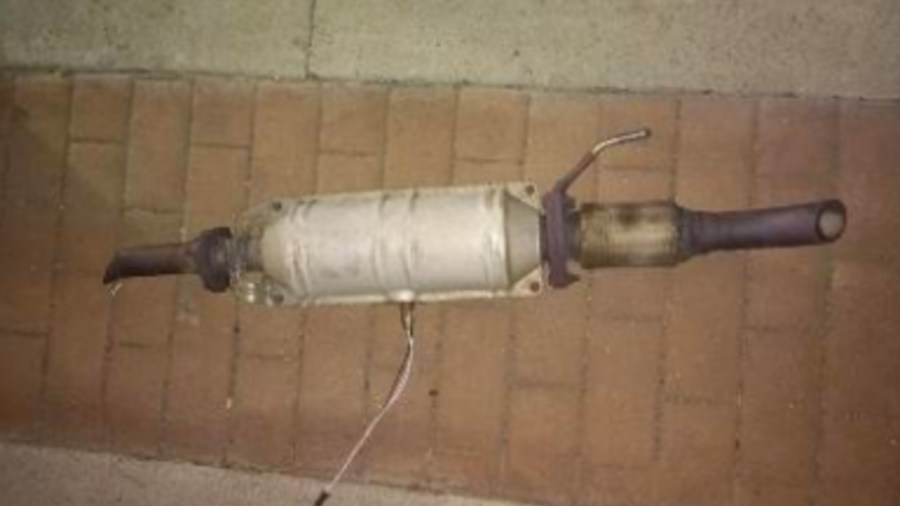Police in Torrance have made 20 arrests in connection with a weekslong operation to combat the increasingly growing problem of catalytic converters being stolen in the city, authorities announced Tuesday.
The directed-enforcement operation began on June 7 in response to a spike in late-night thefts of catalytic converters from vehicles in the past few months, according to a Torrance Police Department news release.
It resulted in 20 people being arrested, including some who were already awaiting trial in other cases involving the stolen auto part, authorities said.
They did not identify any of the suspects.
During the arrests, police recovered catalytic converters and other stolen property, along with burglary tools, according to the release. Investigators said they also uncovered evidence of illegal drugs and identify theft.
Police credited the community for its help during the operation, noting in the statement that members have “been instrumental in assisting our officers as they have been reporting these crimes while they are occurring,” something that “greatly helped in getting officers into the area quickly.”
Southern California overall has of late seen a dramatic uptick in thefts of the vehicle exhaust emission control device.
In Los Angeles County alone, catalytic converter thefts increased a whopping 400% in 2020, according to the Sheriff’s Department.
Thieves target the devices because they contain precious metals that can be scrapped for profit at a recycler. They typically fetch hundreds of dollars, but victims pay more than that — an average of $1,000 — to replace the part, officials say.
To deter such thefts, some local law enforcement agencies have recently hosted events where motorists have been able to get their vehicle’s license plate numbers etched on the device.
According to Orange County District Attorney Todd Spitzer, one of the challenges in investigating such cases is that it can be difficult to link stolen catalytic converters to a vehicle.
“There’s no identification on the catalytic converter itself,” Spitzer explained earlier this month. “The more cars that can be etched with a license plate onto the catalytic converter, the easier it will be for us to prove in a court of law when an individual is charged.”






















